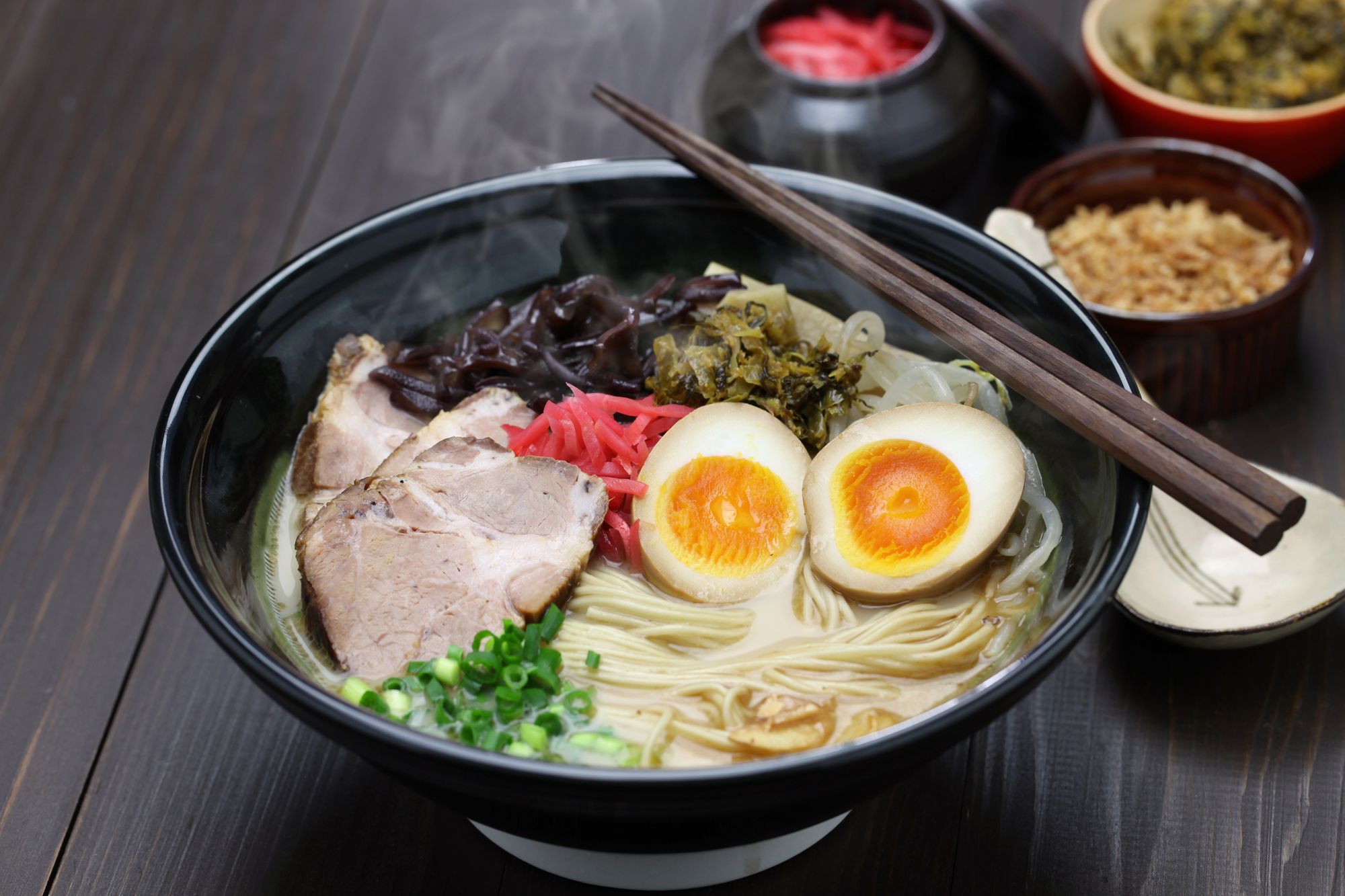Is your favorite bowl of ramen potentially harboring more than just delicious flavors? The unsettling truth is that Listeria, a severe infection triggered by tainted food, can lurk within seemingly harmless dishes like ramen, transforming a comforting meal into a health hazard.
Listeria, scientifically known as Listeria monocytogenes, is a formidable bacterium with the capacity to induce grave infections irrespective of age. The infection manifests through a spectrum of symptoms, ranging from the commonly experienced fever, muscle soreness, nausea, vomiting, and diarrhea, to more critical conditions like meningitis, an inflammation of the brain and spinal cord membranes. The transmission of Listeria predominantly occurs via the consumption of contaminated food items, including but not limited to, unpasteurized dairy products, soft cheeses, uncooked meats, and fresh, unwashed produce. Ramen, a Japanese noodle dish savored worldwide, typically comprises noodles immersed in a flavorful broth and complemented by diverse toppings. However, ramen is not immune to Listeria contamination, which can arise from inadequate cooking practices or post-cooking exposure to unsanitary conditions.
| Name | Listeria monocytogenes |
|---|---|
| Type | Bacterium |
| Associated Illness | Listeriosis |
| Career | Pathogen, foodborne illness agent |
| Professional Information | Known for causing severe infections, particularly in vulnerable populations. Subject of numerous studies and research in food safety. |
| Website | Centers for Disease Control and Prevention (CDC) - Listeria |
- Recall Alert What Recallon Ramen Means What To Do
- Breaking What Caused The 2024 Noodle Recall Details


